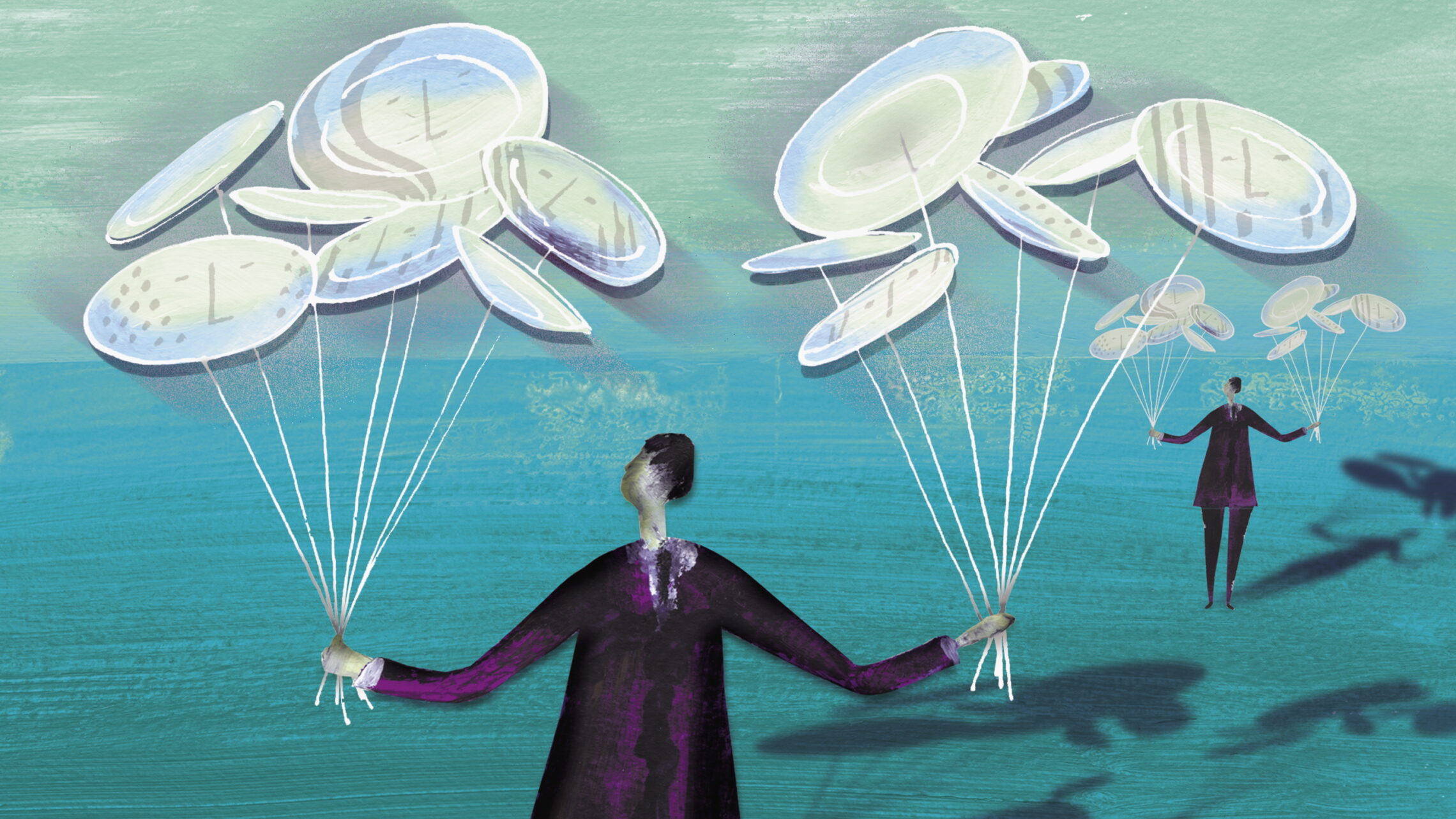Students are still funded and perceived to be like the undergraduates of 40 years ago.
University College Birmingham – winner of the University of the Year in this year’s Whatuni awards – has grown massively from its roots as Birmingham’s College of Food. Many of our students come to UCB for a second chance in life. They may have had children young or have cared for a parent for most of their young lives.
Now, they have decided to go to Uni to get a degree in Culinary Arts Management to live their dream of being a chef, taking a Business Course, becoming a nurse, or studying Specialist Hair and Media Makeup.
These students are rarely the imagined 18-21-year-old students living in halls and first time away from home. We see more students not wanting to go on nights out and binge drink alcohol. They are not from a “student first” background, where university is a rite of passage and education is for education’s sake.
Our students want to successfully complete their course without worrying whether they will have enough money to put food on the table. They are expected to be in university 8-14 hours per week, do an additional 20 hours of study and pick up jobs just to be able to survive. They are full-blown adulting!
This can mean many things – paying bills, feeding the kids, having a job and much more. We see students with so many existing responsibilities that being “a student” comes second.
So students are no longer students first, but the system still treats them that way. As a result, they are disadvantaged not only by society’s issues but by a university system that is not built for them and their needs. The government is doing students an injustice by allowing this mentality to continue.
First or second?
According to Save the Student, students’ average living costs are £810 pm, yet their maintenance loan covers just £470. NUS research found that 79% of students are worried about their ability to get by financially. One in four have less than £50 a month to live off after rent and energy bills, and 5% of students visit food banks.
Despite NUS and students’ unions continually pleading with the case of students and the living cost crisis, the government can’t be listening. In 2017, then Universities Minister Jo Johnson suggested it’s not for them to fill this gap:
They [Students] could work as many, many students do, they can also save. Then, of course, they can borrow from their parents if they wish”.
That’s students first thinking.
Not every student has a Mum and Dad. It is not uncommon for students to have lost their parents. It is not unusual for students to be estranged from them for many reasons, such as abuse, violence, or someone being ostracised for being part of the LGBTQIA+ community.
According to the charity Stand Alone, more than 8,000 university students in the UK are estranged from their families, with no relationship with their parents. Yet, log into UCAS to apply for your course, and you’ll find that if you’re unable to give the wealth of information required to prove you’re independent from your parents, “e.g. for students who are estranged from their parents, only the minimum level of financial support will be awarded”. Is this how we want to be treating those who need the support the most?
Even if they do, there’s no guarantee they’ve got a bank for you. Some students must financially provide for their own families, meaning they do not have anyone who physically has the funds to provide financial support. Yet despite hardship, these students are still showing up at the doors of our universities, investing in themselves for a better future. One of our students, bringing up two children of her own, explained:
I’m investing in myself, I am investing in my kids, but it is a struggle. Some weeks are good, some are financially difficult, but when I have my cap and gown on at graduation, I know the struggle has been worth it.”
Those who are students second are being done an injustice. They are the ones who are here to learn and not just for the “typical student experience”, the ones who must prioritise things over their studies to ensure themselves and their kids can survive. It is time universities and the government do more to support these students.
Treating students as individuals
We need to recognise that every student has different circumstances, and they should each individually be given the resources and opportunities they need to reach the same end goal. The government and the OFS are putting pressure on graduate outcomes. To get into a “good” graduate outcome job, you must have the experience.
I had an interesting conversation when speaking to one of our Specialist Hair and Media Makeup students about this, and they said,
I know I need to get more industry experience, but to be able to do that, I need to ensure I can take the day off and do volunteer work experience without it having a massive effect on whether I can afford to live.”
How can we expect students to have to choose over work experience and be able to survive the rest of the month? If these students do not have the desired expertise, network or social capital, how are they meant to compete in the graduate job market? With the system’s current issues, our students will struggle to survive, let alone thrive.
We can change the difficulties students are facing – together. But it’s time we all take responsibility for the part we play within the system and how we can ensure we are not disadvantaging our students, especially those who are students second.














I partly blame educationalists for this – they are a little obsessed with the idea of education as a transformational experience and make students and academics feel like it’s a moral failure if a student “just wants a qualification” – which is often the lived reality and nothing wrong with that.